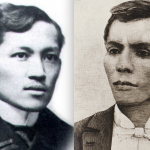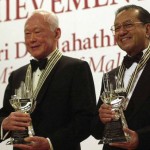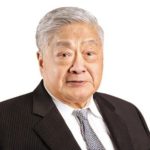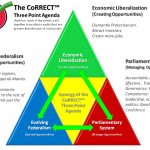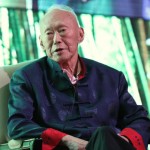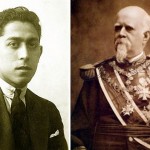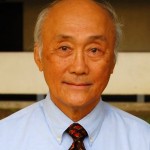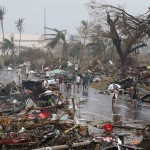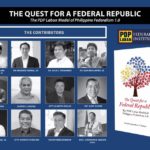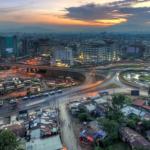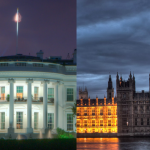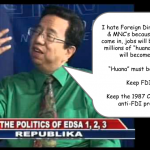How will the Government pay for its COVID-19 Expenses?
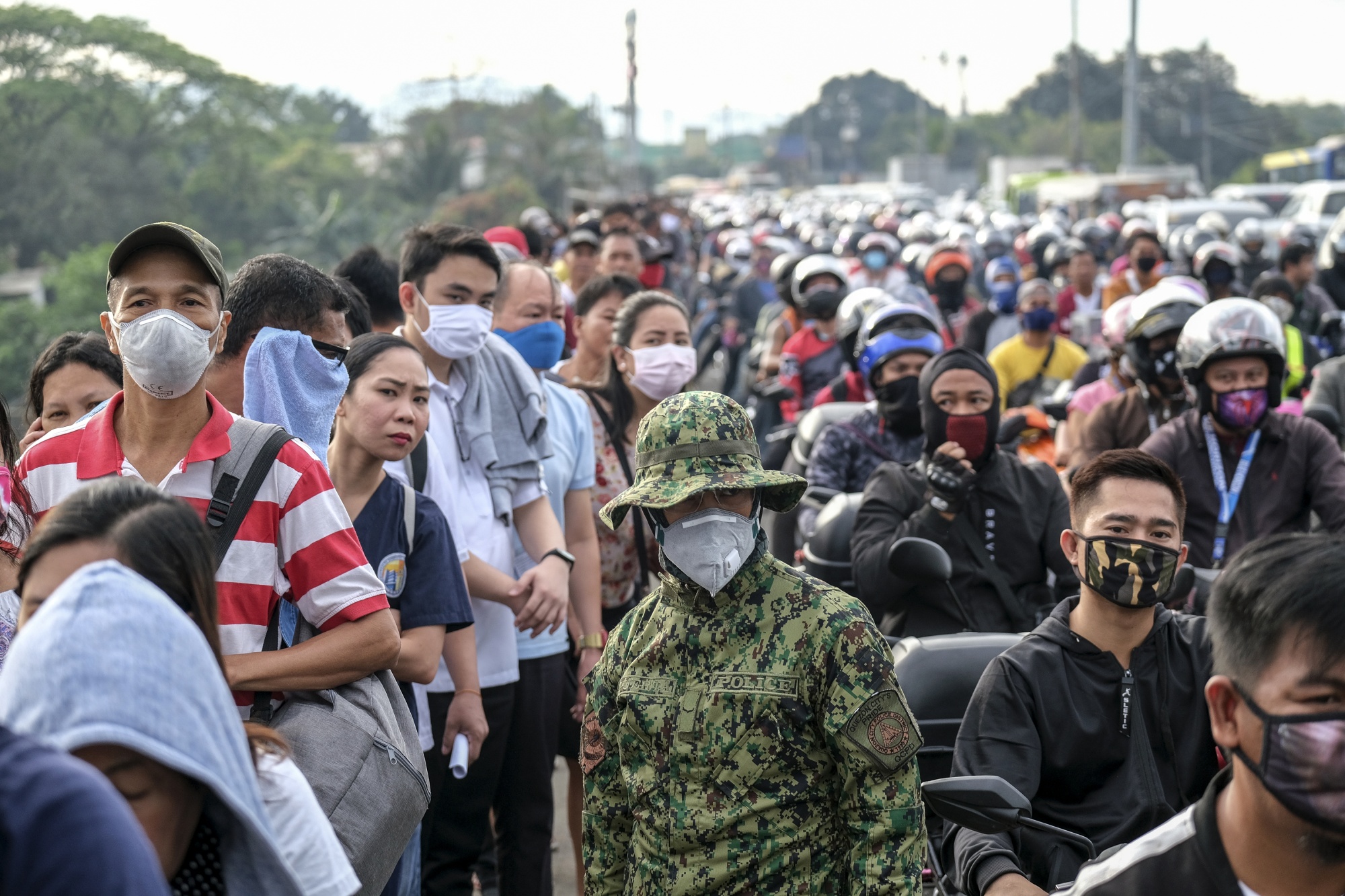
Quezon City — Veejay Villafranca/Bloomberg
Several Filipino politicians have recently said that the Philippine Government should not talk at all about Constitutional Reform and should – according to them – focus purely on the COVID-19 pandemic and crisis. But it seems like these people, namely Senators Kiko Pangilinan and Franklin Drilon of the Liberal Party, NPC Senator Sherwin Gatchalian, and Bayad Muna party-list Representative Carlos Zarate, and Vice President Leni Robredo have very little real-world experience in understanding economics, business, and accounting.
The Philippine Government has had to spend tens of billions of pesos in focusing on the COVID-19 problem. From increasing whatever little bed capacity in government hospitals, to augmenting staff, to spending for testing kits, masks, providing hotel rooms and lodging facilities for quarantined returning OFWs, and so many other expenses, the Philippine Government is forced to spend so much money because of the COVID-19 crisis. But where does the Government usually get the money it needs to pay for all this? Answer: TAX REVENUES.
That’s tax revenues from the corporate taxes that are paid out of the profits that businesses make, the income taxes paid by ordinary employees who earn salaries, the sales and consumption taxes paid by ordinary consumers when they pay for goods and services – like Value Added Tax and others.
7.3 million jobs lost, 26% of all businesses in the Philippines closed
But due to the COVID-19 pandemic crisis, the estimate from last July 16, 2020 is that 26% of all Philippine businesses have already closed, and based on the estimate from last June 8, 2020, over 7.3 million jobs have been lost!
Obviously, the ability of the Philippine Government to earn tax revenues has been severely affected, so the Government’s ability to pay for the estimated tens of billions of pesos that it has already spent just to tackle the COVID-19 crisis is in jeopardy. Recently, the Philippine Government has borrowed some US$ 5.76 billion in foreign loans just to pay for its COVID-19 expenses.
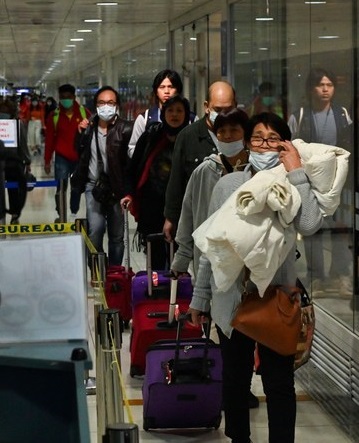
Filipinos returning to the Philippines due to COVID-19
That doesn’t take into consideration the fact that so many Filipinos have lost their jobs and are themselves looking to find new jobs to replace the jobs they lost. Many of them aren’t looking to become dependent on short-term “welfare payouts” (“ayuda”). There’s a motto going around in social media which goes “Trabaho, hindi Ayuda.” (Work, not Welfare) But how will these people who wish to work and not be burdens to society find jobs when so many companies have been forced to close down or at the very least, scale down their operations and shed off staff?
It would have been a different story if the only Filipinos who lost their jobs are Filipinos in the Philippines, because in today’s Philippines, almost all families have at least one member working abroad and sending some money back. The problem right now is that so many Overseas Filipino Workers have lost their jobs due to this COVID-19 crisis. It’s pretty well-known that a huge number of overseas Filipino workers are in the Food & Beverage, Hospitality, and Entertainment industries as waiters, cooks, concierges, receptionists, singers, musicians, and dancers. As these industries require tourists and people-traffic, since the lockdowns and social distancing requirements imposed in practically all countries, most of these establishments have either closed or have had to scale down their staffing, leading to a huge number of job losses among OFWs. Estimates from the the Department of Labor and Employment from June 24, 2020 state that a total of more than 700,000 overseas Filipino workers could lose their jobs by the end of 2020.
This is what Kiko Pangilinan, Franklin Drilon, Sherwin Gatchalian, Carlos Zarate, and Leni Robredo clearly do not understand.
A huge part of solving the Philippines’ COVID-19 crisis is in ensuring that the Philippines is able to recover its economy rapidly and allow its people to be able to find alternative economic opportunities to make up for whatever income they lost.
It’s bad enough that the Philippines has for decades been suffering chronic unemployment that has forced more than 10 million Filipinos to have to seek out overseas employment or worse, give up on the Philippines altogether and emigrate to first world countries to start a new life for themselves and their families, but this COVID-19 crisis has just totally exposed the weaknesses of the Philippine Economy.
Vietnam, Indonesia, and the rest of Southeast Asia
All countries have been affected. No one has been spared. But other countries in the region have not been as dependent on sending their citizens to work abroad for decades in order to send money back. Many of them wisened up early on to realize that openness to Foreign Direct Investments was the fastest way to create a huge number of jobs for their own people, to solve the unemployment problem, facilitate human resource training and technology transfer, as well as generating tax revenue for the government which would then pay for infrastructure upgrades and fund government services.
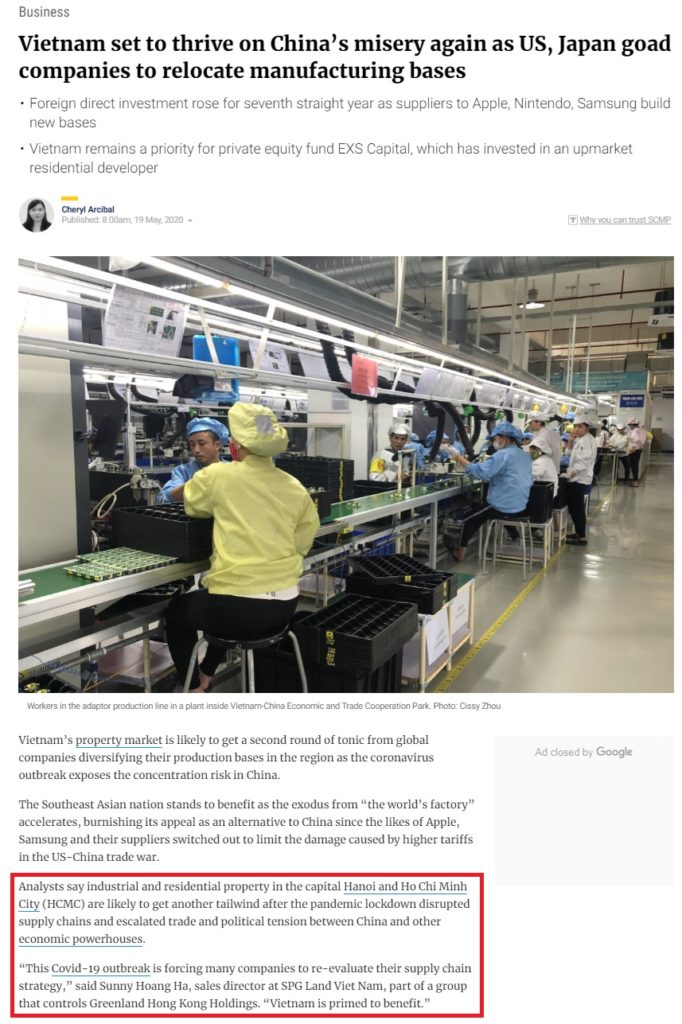 So with COVID-19, this crisis lived up to its translation in Mandarin – 危機 (Wei Ji) – in which the first word 危 “Wei” means Danger and the second word 機 “Ji” means “Opportunity” or “Chance.”
So with COVID-19, this crisis lived up to its translation in Mandarin – 危機 (Wei Ji) – in which the first word 危 “Wei” means Danger and the second word 機 “Ji” means “Opportunity” or “Chance.”
A really large number of Global Companies and Multinational Corporations with operations in China had started to contemplate on leaving China to move elsewhere. Earlier, the top concens of many foreign companies in China was the rising costs in China as China has been rapidly developing and has ceased to be a third world country, and the other concern was the trade war between the USA and China, in which it was proposed that products manufactured in China would be subjected to higher tariffs or other duties & import taxes if products were to be shipped over to the USA.
COVID-19 sealed the deal as many of these companies noted that SARS (2002) and another Avian flu from 1997 China and COVID-19 was just another one among a list of China-originating pandemics.
Because of this, many countries in Southeast Asia scrambled to woo these non-Chinese companies based in China to consider their countries as alternative destinations. At the top of the list were Vietnam and Indonesia.
Both were extremely pro-active in aggressively working to make themselves highly attractive to international investors and global companies. During the middle of the COVID-19 crisis, when the whole world was on lockdown, Vietnamese and Indonesian legislators discussed and debated over Zoom and other teleconferencing tools on how to improve their economic laws, lessen their restrictions, lower their tax rates, and make themselves much more enticing to foreign multinational corporations, particularly to the low hanging fruit of China-based global companies who were seeking to leave China.
Sadly, the Philippines was totally left out of the opportunities of this crisis.
Everyone else in the ASEAN region did what they could to actively make their countries appealing and enticing to investors and multinational corporations. These countries totally understood the value of how bringing in these global companies could ensure that the people who lost their jobs would be able to have new jobs coming in as soon as the COVID-19 crisis ends. Not only was it about bringing in replacement jobs for jobs that were lost, it was also their way of improving their economic situations further.
But the Philippines just didn’t have any way of attracting that many international investors and global companies. How can the Philippines do that when the Philippines continues to be hobbled by its extremely anti-foreign direct investor 1987 Constitution, with all of its 60/40 ownership clauses that very explicitly tell international investors that they aren’t welcome and will only be entitled to own 40% of the companies they set up.
Now, that’s not necessarily true, because it is possible for some foreign-owned corporations to come to the Philippines and have more than 40% and even have majority or even sometimes 100% foreign ownership. But the problem is that the 60/40 clauses give this very negative impression to all would-be international investors that the Philippines does not want international investors to come in. As Imelda Nicolas would say “It doesn’t have to be true, it just has to look like that.“
Anti-Foreign Investor Restrictions in the 1987 Constitution
The 1987 Constitution has been criticized by way too many Filipino economists, academics, as well as business leaders for such a long time. Among its critics include the economist Dr. Bernie Villegas of the University of Asia and the Pacific, economist Dr. Gerardo Sicat of the University of the Philippines, and even Dr. Priscilla Tacujan of Corr Analytics Inc.
Even the late John Gokongwei himself had said in 2006 that he actually favored the removal of the 60/40 and other anti-FDI restrictions, saying that by allowing foreign investors to come in, the Philippine business environment would have many more players who could create lots of jobs and improve the quality of goods and services due to more competition.
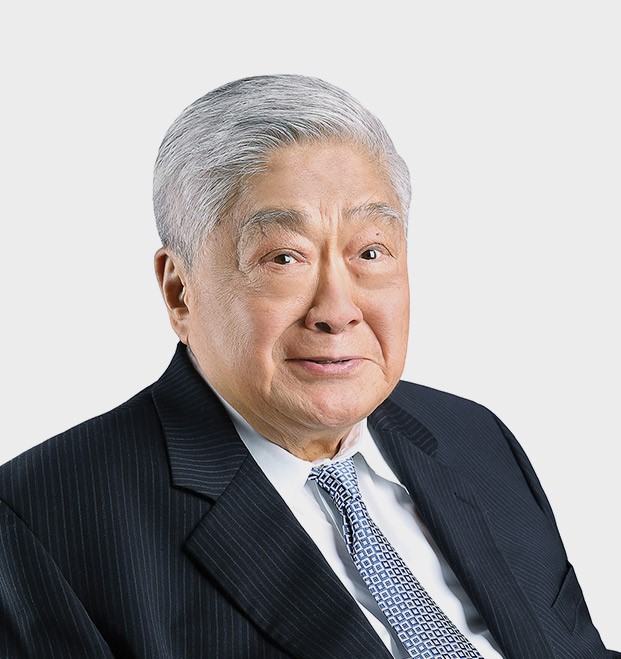 In a 2006 interview-article by Ducky Paredes, Mr. John – as John Gokongwei was known within his group of companies, said:
In a 2006 interview-article by Ducky Paredes, Mr. John – as John Gokongwei was known within his group of companies, said:
“It’s hard to open up the economy without amending the Constitution. I agree that mining and real estate should be opened to everybody because you need foreign capital to help any country develop its economy. Look at China, it is getting a lot of direct foreign investments”
Newly-minted Filipino of Australian origin Peter Wallace, a business consultant and analyst, has repeatedly talked about how the 60/40 and other anti-foreign direct investment restrictions have hurt the Philippines. In an article from the Far Eastern Economic Review written by William McGurn in 1994, Wallace said:
“If I had to name one thing that has hurt the Philippines more than anything else, it’s this 40-percent limit. We had a similar problem in Australia years ago–we were resource rich but cash poor. Much of Australia’s development came about because it opened the door to those who had the money to develop, especially in the mining industry.”
Even the late Singapore founding Prime Minister Lee Kuan Yew, just a few years after the 1987 Constitution was ratified, had been invited by the Philippine Business Conference to give a speech to them in 1992 – 2 years after he had stepped down as Prime Minister and was given an advisory role as “Senior Minister” at that time.
In that speech, he gave the advice that the Philippines needs to free its economy from controls and monopolies and remove the restrictions on foreign investments, some of which are found in the 1987 Constitution, and at the same time also mentioned that the Philippines is suffering from the inefficiencies caused by our use of the American-style 1987 Constitution with its gridlock-prone separation of powers-type presidential system.
Here is an excerpt of his speech where he talks about the need to open up to foreign direct investors:
“The experience of Malaysia, Thailand and Indonesia is especially relevant. From the 1950s to the 70s, their policies were like those of the Philippines. They protected their markets to establish import substituting industries. Products were poor and growth was slow because there were monopolies and no competition. By the early 80s, at first, Thailand, and next Malaysia, changed policies. They learned from the policies of the NIEs where foreign investment and export-oriented growth made for booming economies. Thailand and Malaysia started to deregulate and liberalise. They allowed 100% direct foreign investments. They cut down protection and opened up their industries and services to competition. Through the infusion of technology and high quality management from successful countries like Japan, the NIEs, America and Europe their goods and services became internationally competitive. Their economic growth bounced from 3-4% to 8-10% per annum. A few years later Indonesia also changed policies. They are now pressing ahead with deregulation and liberalisation to open up their economy and make their products internationally competitive.”
To cut the long story short, the Philippines has been doing it all wrong simply because some obstructionist politicians, presumably under the payroll of Oligarchic forces or perhaps due to idiotlogical brainwashing among those with leftist-Communist tendencies among them, refuse to allow the necessary updates, upgrades, and changes to be made to the 1987 Constitution.
Internationally, the statements made by Kiko Pangilinan, Franklin Drilon, Sherwin Gatchalian, Carlos Zarate, and Leni Robredo which often tend to oppose amending the 1987 Constitution’s anti-FDI restrictions are laughable and extremely embarrasing, because most of the rest of the world understands that openness to foreign direct investors is the way to go in rapidly creating jobs for a country’s citizens. That the Philippines continues to have politicians who are stuck in an archaically autarkic mindset just shows the rest of the world how backward and barriotic the intellectual discourse in our country is.
Removing the FDI Restrictions in the Constitution is a COVID-19 Solution!
Whether these politicians like it or not, when they say that the Administration needs to focus on the COVID-19 Crisis, they are actually forgetting that amending the 1987 Constitution in order to remove the 60/40 and other anti-FDI restrictions is indeed a major part of the solution to our COVID-19 crisis.
After all, how else will we pay our debts to those countries who graciously lent us money so that we could pay for all of those COVID-related expenses incurred by the Government?
Without the removal of these restrictions, how will the Philippines attract foreign direct investors and global companies to come to the Philippines, set up factories and offices and hire millions of our people? How will our economy recover from the economic downturn caused by the COVID-19 crisis if we cannot attract international investors and multinational corporations to come in?
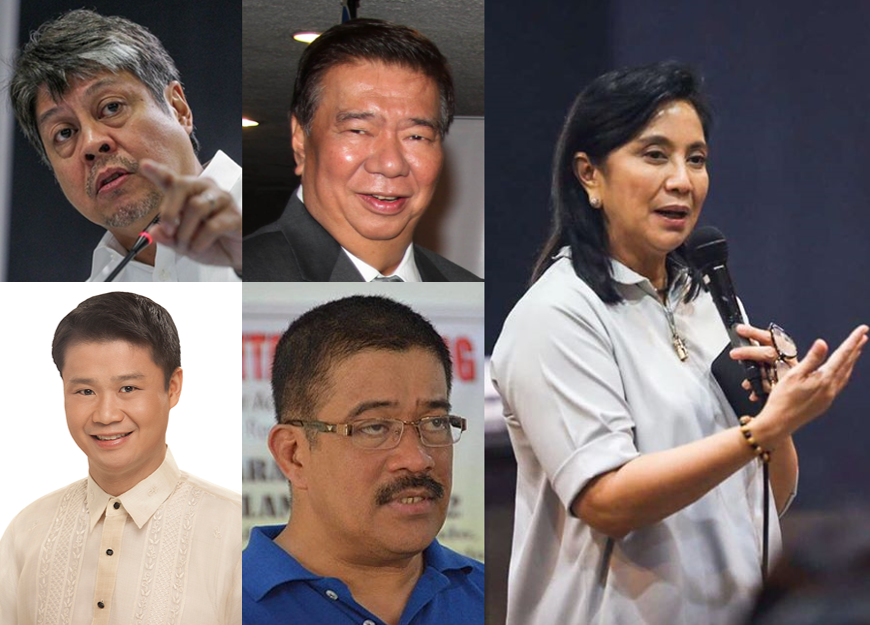
What so many clueless Pinoy politicians don’t understand is that every single time international investors and global companies think of going to the Philippines, they are often required to do a feasibility study on not just the Philippines, but to survey the other countries around it. Very often, Western companies have a tendency to prefer wanting to set up shop in the Philippines. Filipinos are generally a hardworking yet extremely friendly and caring people with a culture that is not too alien to Western culture by way of our Hispanic influence as well as our English language ability and affinity towards American culture.
So these companies come to Southeast Asia with the intention of setting up in the Philippines, but because their internal vetting procedures require them to make comparative feasibility studies of the entire region, the Philippines almost always manages to lose out.
We don’t lose out because of our people. Foreigners love us. We don’t lose out because of our country’s scenery and beaches. They love the Philippines’ natural beauty.
But whenever we lose out, it’s always because our Constitution and our laws are deemed to be extremely biased against foreign and international investors. Essentially, it’s our Constitution and the laws that are underpinned by it that simply turns them off and leads them to consider other countries that they originally didn’t think of investing in.
There are still other reforms that need to happen, such as Federalism in order to spread out the economic development to the rest of the country’s regions and decongest the already extremely overpopulated National Capital Region, and there is also the adoption of the much more efficient Parliamentary System which has been proven by numerous international researchers (Loayza, Lederman, Soares – 2001/2004; Gerring & Thacker – 2004; Alicias – 2012/2013) to be less prone to corruption than presidential systems, but at the moment, the easiest and least complicated of all constitutional reforms that need to be set up is the deletion of all anti-FDI and 60/40 restrictions in the 1987 Constitution.
This is the most urgent reform that needs to happen, and the DILG’s CORE Movement (whose name was suggested by us in the CoRRECT Movement) has also set up a scaled-down set of “easy to implement piecemeal reforms” that can be pushed in the shortest amount of time because these are all relevant to the operational issues of the DILG in its implementation of the COVID-19 measures.
The problem with politicians lacking in knowledge and an understanding of business accounting and economics such as Kiko Pangilinan, Franklin Drilon, Sherwin Gatchalian, Carlos Zarate, and Leni Robredo is that they try to talk about issues that they have absolutely zero understanding of and as a result, they end up misleading many people into going against what is actually in everyone’s best interests. Or perhaps that might have been their true intention in the first place.
This COVID-19 Crisis is not just a Health Crisis. It also involves an Economic Crisis in which millions of Filipinos have lost jobs and livelihoods and part of what the Government needs to do is find ways for these people to be able to find new jobs to replace the ones they lost and for the Government to be able to produce enough economic activity to produce enough tax revenue that will cover for all of the huge costs that it has incurred as a result of the COVID-19 crisis. Fixing the flaws of the 1987 Constitution that turn off and discourage international investors and global companies from coming to the Philippines is a necessary prerequisite and that cannot be done without allowing the 1987 Constitution to be amended.
* * *
About the Author
Orion Pérez Dumdum comes from an IT background and analyzes systems the way they should be: logically and objectively.
Being an Overseas Filipino Worker himself, he has seen firsthand how the dearth of investment – both local and foreign – is the cause of the high unemployment and underemployment that exists in the Philippines as well as the low salaries earned by people who do have jobs.Being Cebuano (half-Cebuano, half-Tagalog), and having lived in Cebu, he is a staunch supporter of Federalism.
Having lived in progressive countries which use parliamentary systems, Orion has seen first hand the difference in the quality of discussions and debates of both systems, finding that while discussions in the Philippines are mostly filled with polemical sophistry often focused on trivial and petty concerns, discussions and debates in the Parliamentary-based countries he’s lived in have often focused on the most practical and most important points.
Orion first achieved fame as one of the most remembered and most impressive among the winners of the popular RPN-9 Quiz Show “Battle of the Brains”, and got a piece he wrote – “The Parable of the Mountain Bike” – featured in Bob Ong’s first bestselling compilation of essays “Bakit Baligtad Magbasa ng Libro ang mga Pilipino?” He is also a semi-professional Stand-up Comedian who won first place in the 2014 Magners Singapore International Comedy Festival Best New Act Competition and is the January 2016 Comedy Central Comedian of the Month. He is the principal co-founder of the CoRRECT™ Movement to spearhead the campaign to inform the Filipino Public about the urgent need for Constitutional Reform & Rectification for Economic Competitiveness & Transformation.

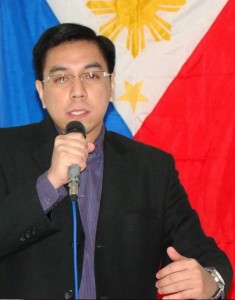

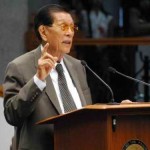
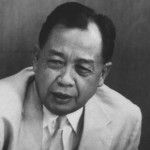

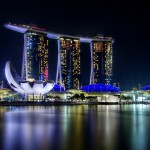
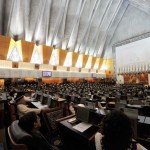
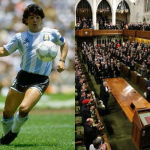





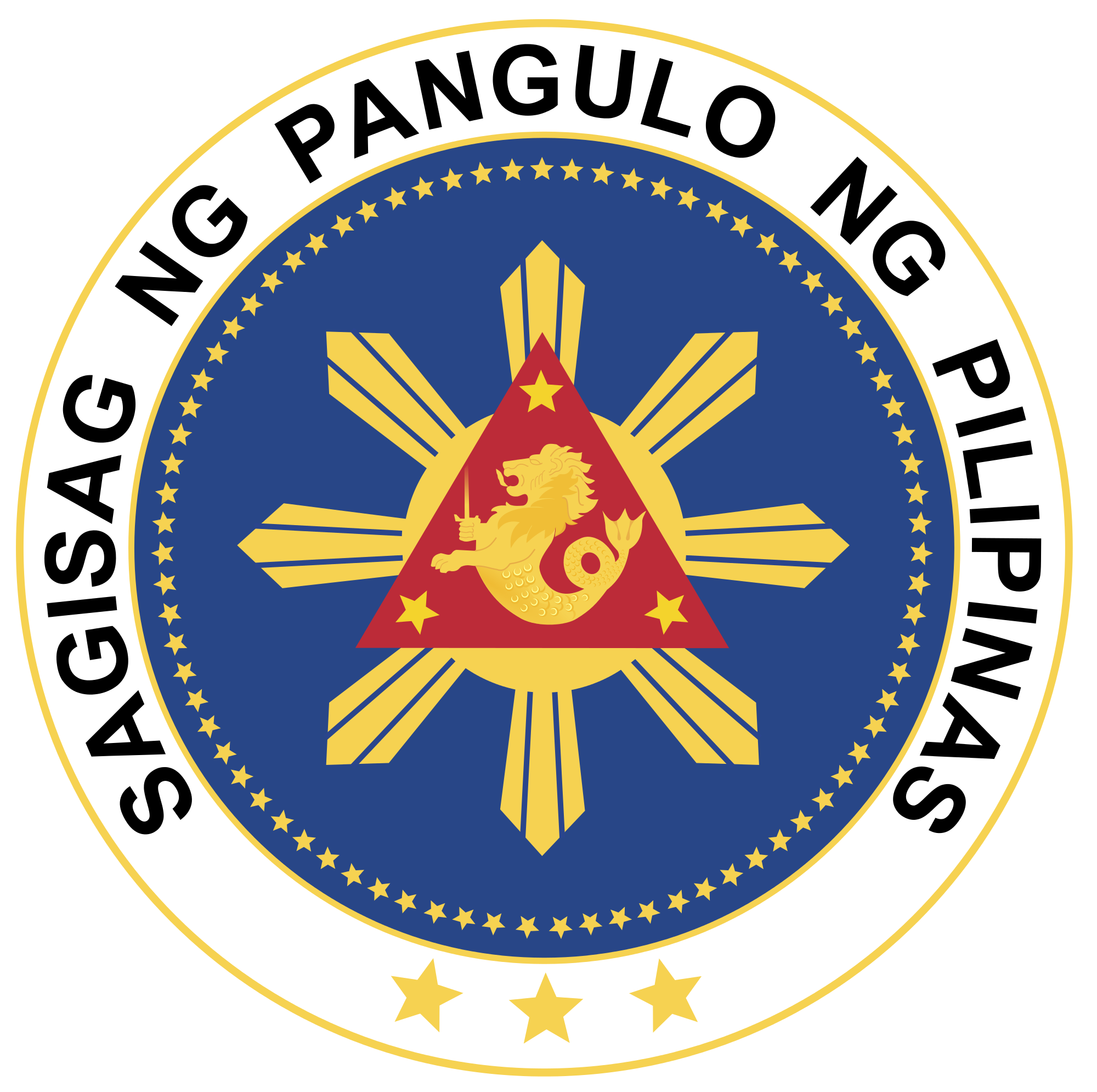


 I believe: This is a CoRRECT™ Video with a very positive message
I believe: This is a CoRRECT™ Video with a very positive message Walang Natira: Gloc-9's MTV Rap about the OFW Phenomenon
Walang Natira: Gloc-9's MTV Rap about the OFW Phenomenon